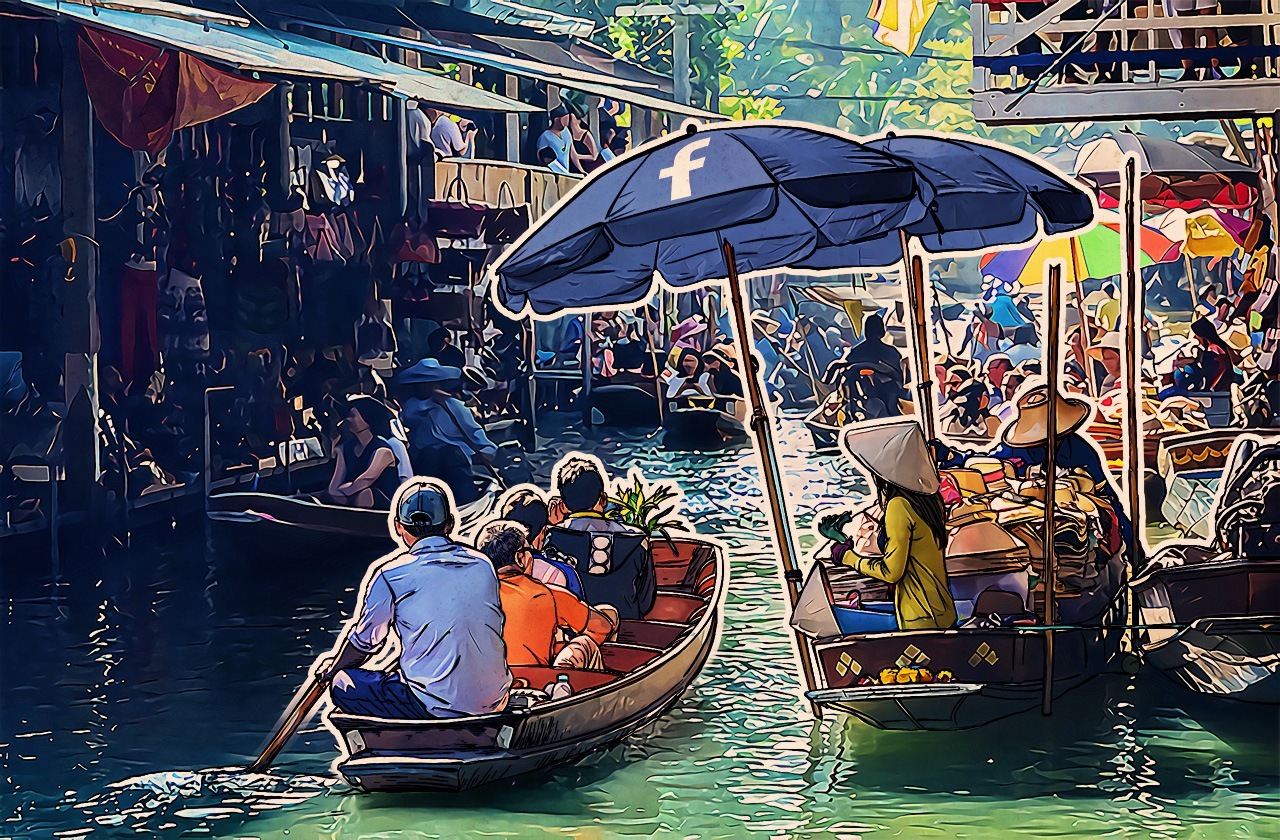If the road to hell is paved with good intentions, it’s never been so easy to add bricks. In this age of social media dominance, spreading the word with good intentions takes no effort at all, as we saw recently on Facebook, when people started passing along a message telling their friends that their accounts had been hacked.
It goes as follows:
Alice receives a message saying something like this:
“Hi… I actually got another friend request from you yesterday… which I ignored so you may want to check your account. Hold your finger on the message until the forward button appears… then hit forward and all the people you want to forward too….I had to do the people individually. Good luck!” [sic]
Alice decides to do the right thing and forwards the message to Bob, Joe, and Jane.
Bob reads the message and — with good intentions — forwards it to Bill, Donald, and George.
And they spread the news even further. That’s how hoaxes work.
Yes, that’s the latest Facebook hoax: Your account was not hacked, there is no need to inform your friends, and probably there was no “another friend request from you yesterday”; it’s just that somebody decided to spread the word. The Washington Post says that some people’s accounts really did get cloned, so that “another request from your account” thing might be close to real for several people, but even in those cases, there’s no need to check anything or forward the message.
Remember Jayden K. Smith, the hacker who allegedly could gain access to your Facebook account if you accepted his friend request? Yes, that was the same deal, and it doesn’t have anything to do with reality. Remember the BFF hoax, when people suggested that if you typed “BFF” in a comment and it turned green, that meant your account was protected? Another hoax.
The most recent incident of this ilk was probably the “following me” Facebook hoax, when a lot of people blocked some random accounts because they thought those accounts were following them for some suspicious reasons (in fact, they were not).
We suggest that instead of panicking and perpetuating a hoax, you consider this a reminder to actually protect your Facebook account. The good news is, Facebook has plenty of measures that help to make your account way less hackable. Here’s what we recommend in particular:
- The cornerstone of any account security is password. Use a strong one — like really strong, at least 12 characters, but longer is better.
- Enable two-factor authentication. It makes your account vastly less hackable, especially when it comes to attackers who aren’t really invested in hacking you, specifically, but rather looking for easy prey.
- Consider reducing excessive visibility on social networks: Facebook has extensive privacy settings; tuning them properly helps make your account less attractive to all kinds of hackers, scammers, and such.
- It is also a good idea to install antivirus on your devices, including smartphones and tablets.
 Facebook
Facebook

 Tips
Tips